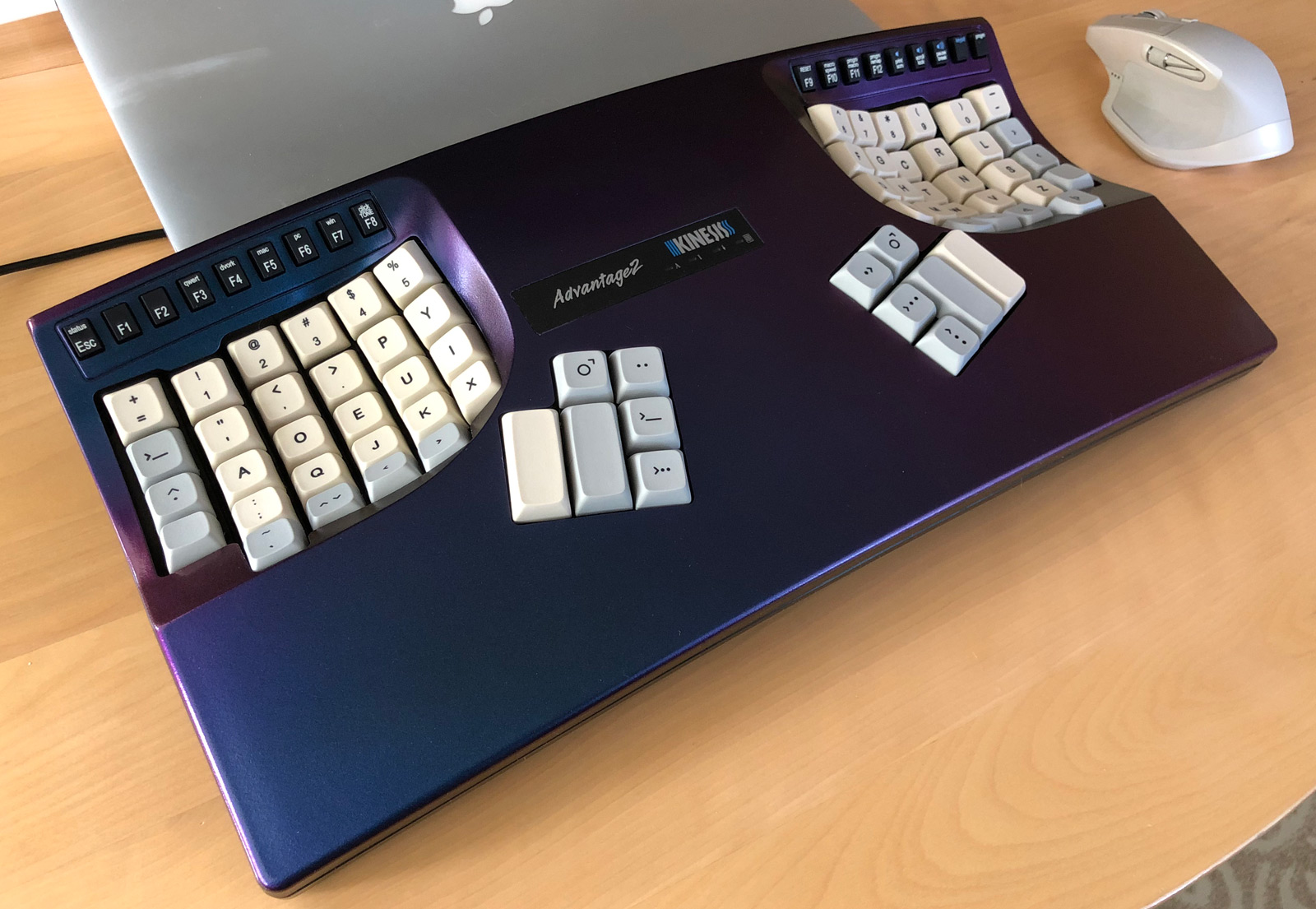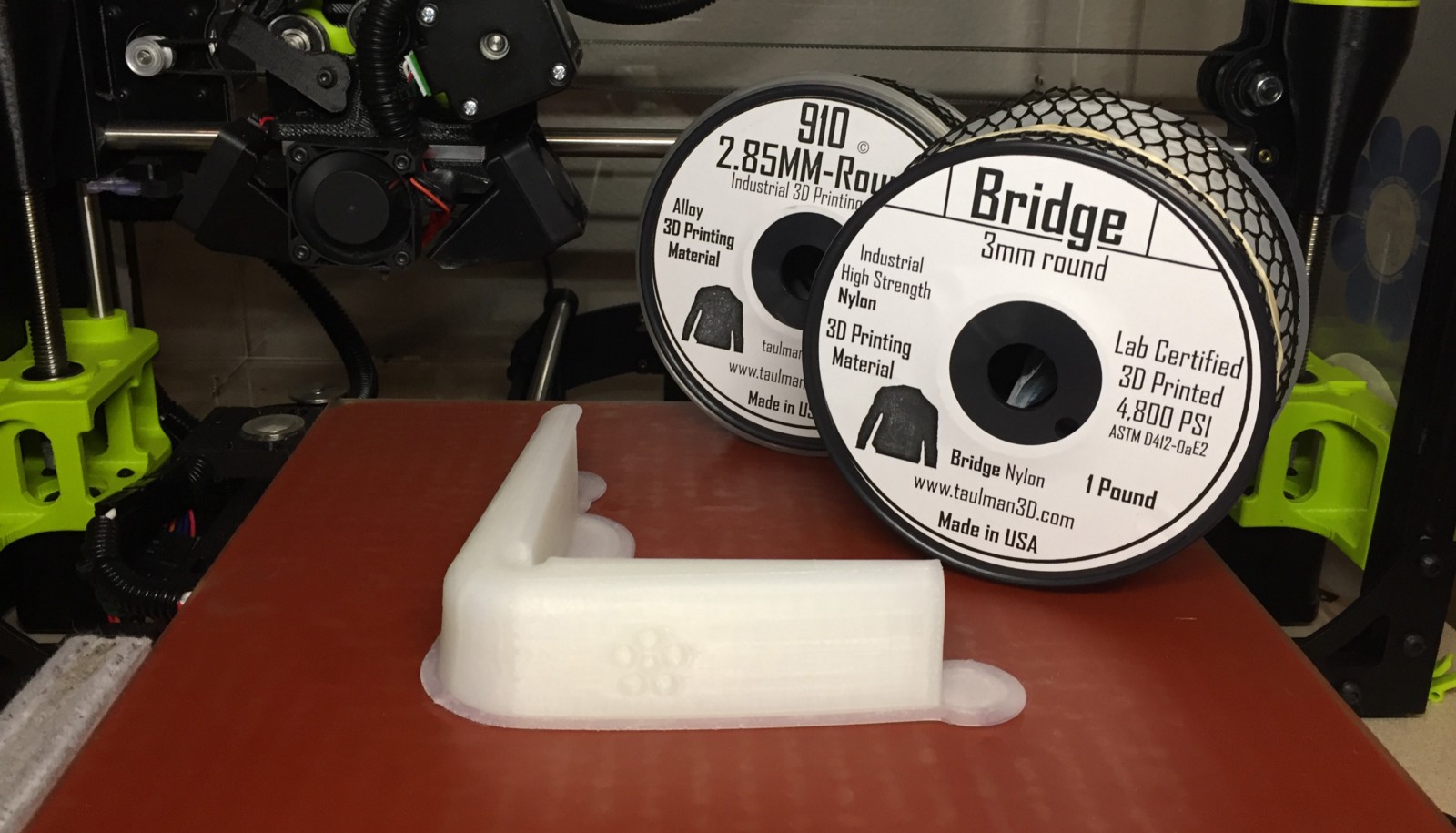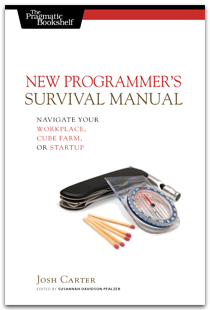This article is written with considerable
snark--put on your flameproof suit if needed. I'm not actually a jerk
when interviewing people, but I do get frustrated when candidates fail
to do basic preparation. If you're unsure about how to prepare for a
programming interview, read on...
I know this might come as a shock to you, but most programming job applicants suck. I’ve interviewed my fair share this month, and it’ll be a lot easier for all of us if I tell you upfront what I’m looking for.
As a hiring manager, my job is to make sure you can do the job you’re applying for. For programming that means you need to be able to program. So when I whip out a laptop in our round-one interview and ask you to write some code, try to hide your terrified expression.
I have over a decade of professional C++ experience, but I don’t call
myself a “C++ Programmer.” Am I competent with programming in C++?
Yes, very much so. But I refuse to let my skills be pigeon-holed by
the language I’ve historically used. Nor should you.
Use the right tool for the job, the saying goes, and software
development is no exception. Programming languages, frameworks, and
other tools are the subject of religious-caliber debate but they are
just means to a greater end. This article is a call to both
programmers and their managers: a good programmer cannot be summed up
by the list of tools they use.
 Now for sale: my book for programmers entering industry, the New Programmer’s Survival Manual, is available in ebook and paper form.
I expect readers of this book to fall into a couple categories:
College students taking Computer Science classes and wondering, “is this what programming is like in the real world?” (Short answer: no.)
College grads already in industry, who have noticed first-hand that the answer to the first question is “no,” trying to get their heads around the disparity.
Now for sale: my book for programmers entering industry, the New Programmer’s Survival Manual, is available in ebook and paper form.
I expect readers of this book to fall into a couple categories:
College students taking Computer Science classes and wondering, “is this what programming is like in the real world?” (Short answer: no.)
College grads already in industry, who have noticed first-hand that the answer to the first question is “no,” trying to get their heads around the disparity.



